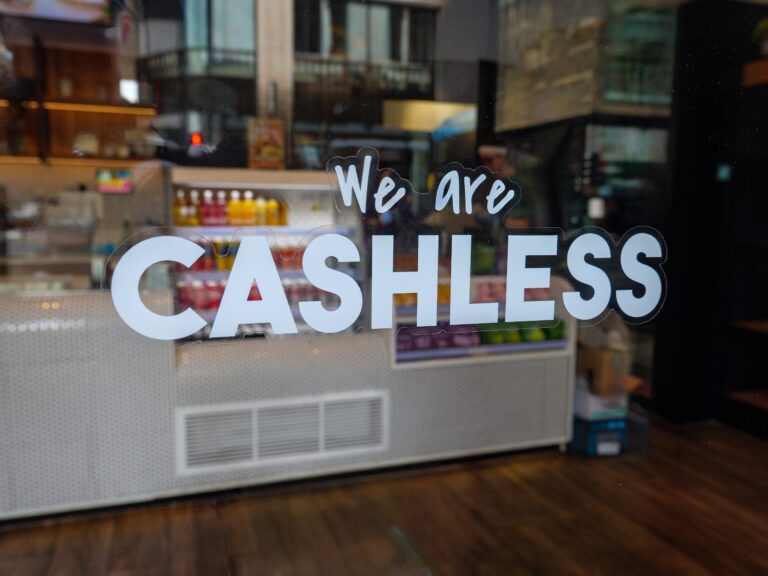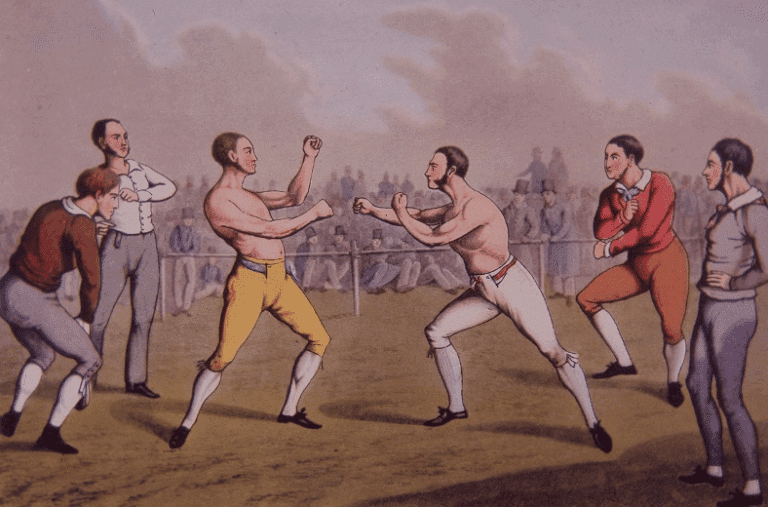John O’Sullivan, a member of the C2C Journal’s advisory board, is the executive editor of Radio Free Europe, which is based in Prague, Czech Republic. O’Sullivan has been editor of leading conservative magazines National Review and The National Interest and editor-in-chief of United Press International. He served as special advisor to former British prime minister Margaret Thatcher. In Canada, he was inaugural editorial page editor of National Post. He is also author of the recent book The President, the Pope and the Prime Minister. O’Sullivan spoke with journalist Peter Shawn Taylor from his home in Decatur, Alabama.
C2C: It has been many, many years since anyone in Canada was charged with treason. Like duelling, which is covered under the same section of the Criminal Code, has treason simply become an antiquated concept?
John O’Sullivan: The notion of treason has declined in parallel with the notion of patriotism. In other words, if patriotism is no longer seen as an important virtue, then treason will be seen as a less heinous crime. And the reason the chattering classes no longer consider patriotism to be important is that they now give their allegiance to transnational or international bodies. From this perspective, national patriotism becomes somewhat atavistic. But I don’t think patriotism or treason has disappeared. In fact, they may be due for a revival.
Is it more difficult to define treason in a multicultural country such as Canada or Britain where competing allegiances are often encouraged?
In order to have the notion of treason or patriotism, you have to have the notion of a nation to which you owe allegiance. Americans owe their allegiance to the Constitution. For Brits or Canadians, we owe our allegiance to Her Majesty the Queen and the country for which she is sovereign. Since we are all beneficiaries of her protection – even when we engage in such mundane things as walking down the street or going to the bank or sitting at home – we all have an obligation to acknowledge that allegiance. And the way to do that is to not commit treason against her.
Multiculturalism obviously raises questions with respect to clear notions of treason and allegiance. This is a problem in Britain where someone may have been born in Afghanistan but brought up in Wolverhampton. They have plainly accepted the protection of the British state and may even have gone to university on British soil. And yet they reject the notion of any allegiance to the Queen because in their version of Islam, full sovereignty is granted to the worldwide caliphate and not to any worldly ruler.
For context, it is instructive to go back to the period in which Catholics were persecuted in England in the seventeenth century. One of the reasons behind this was the claim of the Pope to exercise temporal authority over Britain, which the British Crown fiercely objected to. It therefore treated anyone who expressed allegiance to the Pope as a traitor. That religion should attempt to exercise temporal authority is an outdated notion. It has been abandoned by Christianity, but it has not been abandoned by all segments of Islam. I think that’s a problem.
Now it seems to me anyone intending an alternative allegiance has an obligation to make a public declaration of this before they are entitled to act upon it. If we pretend to be loyal subjects but are secretly rifling government documents and sending them off to Moscow, then we are plainly acting wrongly and treasonously. Until we declare ourselves to be non-subjects, loyal to another sovereign, then treason is a real thing.
Could a person renounce allegiance and still live in a country?
Today, curiously enough, it is probably the case that you don’t have to leave the country. If a British subject renounced his allegiance to the Crown, he might not be employable by MI6, but he’d probably still have a right to residence in Britain under the Lisbon Treaty as a European citizen. This is one example one of the oddities of modern life in which you have multiple or overlapping allegiances. It is possible to be an enemy of the country in which you are living. This lack of clear dividing lines between citizenship and non-citizenship will probably cause trouble at some point.
Should we view treason as a different thing in a democracy as compared to a dictatorship? You work for Radio Free Europe, and at one point, just listening to your programming would have been considered treasonous in some countries.
There are countries where [listening to Radio Free Europe] is still against the law, in theory or in fact. I’m referring to places like Iran. We have bureaus in many countries where the governments plainly don’t like us very much, which is the reason why we are there.
But on the question of one’s obligations to a tyrannical government, these are much more limited than in a free society. If you are not allowed to leave or to renounce your allegiance, then that’s objectionable. Plainly, German Jews had no allegiance to a government that was trying to murder them.
Under a tyrannical dictatorship, subjects have a right to protect their own interests. They are the ones acting in a patriotic fashion, and it is the ruler who is acting treasonously. We must remember that a sovereign has duties as well. He or she simply can’t make arbitrary or cruel decisions.
What about those grey areas where treason and patriotism appear to overlap? Was radical abolitionist John Brown a traitor or simply slightly ahead of his time in recognizing that an end to slavery in the United States would require armed conflict?
Brown was certainly not acting on behalf of the U.S. Constitution because, at the time, it explicitly permitted slavery. Rather he was acting on behalf of universal morality and liberty. He falls into that category of people who believe that because they have the right moral attitude on some important question – which in this case he did – it absolves them of all other moral obligations. But this is dangerous business. His actions led to people being killed, yet he was not elected by anyone and had no legal right to take the actions he did.
The American Republic was certainly torn by Brown. On one hand, he didn’t have the right to take the law into his own hands. On the other hand, the public in the north sympathized greatly with his motives. But he was technically guilty of treason.
Now since Brown we have seen many examples of people who, convinced they are correct on some moral topic, believe they have the right to plant bombs and kill people. But they don’t have that right. In a civilized society, we need very clear rules on who is entitled to do what on the topic of political justice. If not, we will end up introducing barbarism into society and destroying the legal basis of a decent, democratic and legal society.
You have personal experience with this sort of barbarism, having been witness to the IRA’s Brighton hotel bombing in 1984 that attempted the assassination of then prime minister Margaret Thatcher and killed five people.
I remember the whole evening at Brighton very vividly. I had left the Grand Hotel five minutes before and was staying at the hotel next door. I’d just walked into my room when the bomb went off. So here was an attempt to destroy the Cabinet of Great Britain, and on what grounds? On the grounds that this handful of people in the IRA claimed they had the right to kill others until the frontiers were redrawn in a way that satisfied them. Rather like John Brown in a different context.
What do you think of the movement to recast Louis Riel as a founding father of modern Canada? He, too, was guilty of treason, but there’s a consistent call from some quarters to pardon him and move on.
Fundamentally, it seems to me a form of sentimentality, a way of saying let bygones be bygones. I think the political systems in Britain and Canada find it relatively easy to do this kind of thing, partly because of the nature of British imperialism. Although this system could be very ruthless in suppressing rebellion – Riel was executed, remember – nonetheless, it also looks for ways to bring disaffected groups back into the political mainstream. That process is a bit more difficult for the United States, which is a revolutionary power. Someone like Benedict Arnold, who acted treasonously against the Americans, is unlikely to ever get a posthumous pardon. He still threatens the sense of American legitimacy in a way that Riel doesn’t threaten Canada.
In the 2006 bomb plot of the so-called Toronto 18, which was motivated by radical Islamic objectives, those arrested were all Canadian citizens or residents. However, they were charged under anti-terrorism legislation rather than treason laws. What does this legal switch suggest for the future of treason?
There will obviously be situations in which a criminal act can be prosecuted under several laws. It seems to me perfectly legitimate to apply treason laws when someone is acting as a traitor. But if it’s more convenient to charge them under a different heading, then I would leave that to the authorities. It is possible that treason charges might raise some sticky legal issues if someone happened to claim not to owe an allegiance to the Crown.
However, I can see problems if Canadian authorities always proceed along such lines. Ignoring treason in obvious cases suggests a weakening of our commitment to a common citizenship, a common sovereign and a common allegiance. We don’t, however, want to regard these things as trivial. The notion of a single society in which all people have important obligations to each other is weakened by many things in modern life. I certainly wouldn’t want to weaken it any further. And I certainly wouldn’t want treason or patriotism to disappear from our everyday vocabulary.





